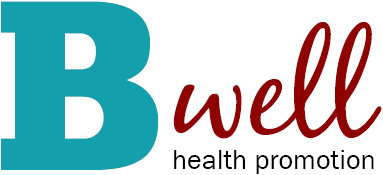If you are concerned that a friend’s eating or exercise habits have become problematic, you are not alone. Disordered eating behaviors such as chronic dieting or food restriction, self-induced vomiting, bingeing, and overexercise are very common on college campuses. A person might be in recovery from an eating disorder and behaviors have resurfaced due to the transition to college or other life stressors. Someone else might have always had a healthy relationship with food but suddenly develops harmful behaviors as a way to cope with stress or anxiety. Chances are that within your dorm, your classes, your circle of friends, you know at least one person who’s struggling with their relationship with food. And you can help. You might be the one person who cares enough to start the conversation, and open the door to resources so your friend can seek help.
Some things you might have noticed:
-
Food restriction, elimination (such as sugar, carbs, fats), or experimenting with fad diets (such as Paleo, keto, low carb, Whole 30, “clean eating”)
-
Disappearing soon after a meal, often to the bathroom
-
Sudden avoidance of situations where there is likely to be food present
-
Excessive time spent at the gym or working out, often in place of usual social activities
-
Social isolation- lack of interest in activities once enjoyed
-
Increased irritability, moodiness
-
Notable change in weight, up or down (Note: not everyone with an eating concern experiences a change in weight).
You may notice one or a few of these symptoms, or perhaps something that is not listed here, but still just doesn’t seem right to you. It’s worth starting the conversation with your friend. Very often, people suffer in silence out of embarrassment or denial. Knowing that you care may help your friend take the first step towards healing.






